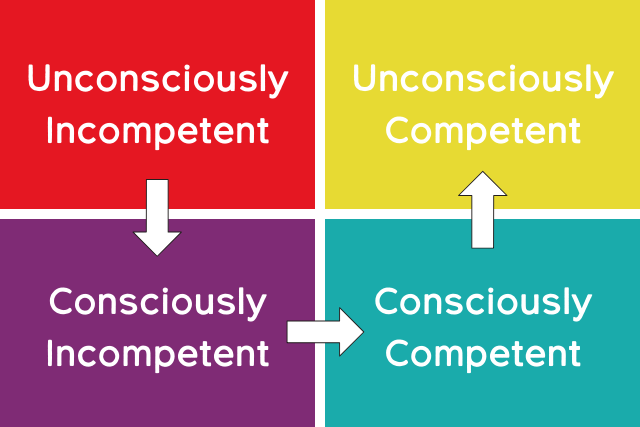As remote-work orders stretch into another month, new concerns about its long term-feasibility are being raised. Fatigue is one salient issue, but many are more concerned that continuous growth and development will stagnate in a world that lacks in-person contact.
The education industry in particular is among the most affected here in the United States, and questions about meaningful development are top of mind for teachers and educational leaders alike. How can remote learning practices be improved before students return to school? Is it still possible to improve practice as an educator while working from home?
Read More









